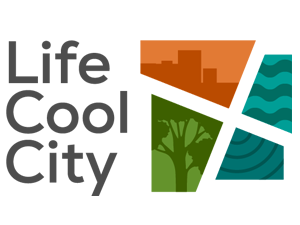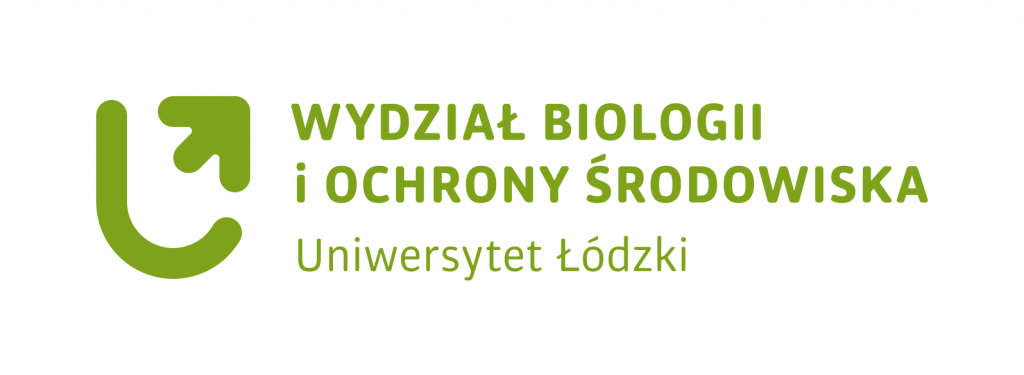Remote sensing as a recipe for effective urban adaptation to the effects of climate change

The ambition of the project ‘Using remote sensing to manage blue-green urban infrastructure for climate change adaptation’ (LIFECOOLCITY) is to support the management of blue-green infrastructure (BZI) in 10,000 cities in the European Union, through the implementation of innovative systems using GIS (geographical information systems) and remote sensing (satellite and aerial imagery).
The aim of the measures is to strengthen the adaptive capacity of cities to the effects of anthropogenic climate change, thereby bringing them closer to the model of smart cities of the future.
As a result, city managers and citizens will be provided with four information products, grouped into two information systems. They will help identify the greatest adaptation needs of the urbanised areas they inhabit, create a BZI management strategy to minimise climate risks and monitor the effectiveness of their impact.
Based on satellite data, the EUROPE system will identify areas of aggravation of environmental challenges in European cities and will include two products:
- “EU Cities Ranking of BGI” – a free report published periodically from 2025 until the end of the project and beyond, which will assess the state of BGI in at least 10,000 EU cities. It will provide knowledge of trends in the state of BGI in cities, allowing comparison of the scale of problems present and adaptation needs.
- “BGI SAT-MONITORING Report for city” – a paid report providing more detailed information on the variation in the scale of the problem within a specific city. It will be possible to order it as early as 2025. The study will include maps illustrating the spatial variation of environmental problems in the city and will indicate the areas with the greatest intensity. Ordered on a cyclical basis, it will provide knowledge of the change in the extent and severity of environmental problems within the city.
The CITY system will operate on the basis of information obtained from the aerial ceiling and will become a tool to support decisions on the implementation of specific NBS (nature-based solutions) on a city scale. As part of the CITY system, it will be possible to order two chargeable products:
- “BGI AUDIT Report for city” – this report will identify key areas of BZI intervention in the city space and propose the most beneficial nature-based solutions. The BZI status audit will also identify areas of natural value that should be protected due to their beneficial counteracting effects of climate change.
- “BGI AIR-MONITORING Report for city” – this report will provide an opportunity to assess the status of the implemented BZI solutions and the effectiveness of their activities.
The first city for which – on the basis of the project’s products – a concept for the redevelopment of BZI (blue-green infrastructure) will be created is Wrocław. Thanks to the aerial data acquired and the remote-sensing information products developed, the needs of the city will first be identified. On this basis, measures will be implemented, including the redevelopment of BZI, changes to the maintenance of green areas or the protection of sites of particular value in terms of adapting the city to climate change, and then the effectiveness of the changes carried out will be assessed.
In the course of the project, an information and education platform, ‘Life in Cool City’, will be set up to provide direct access to the information products being developed. It will provide a knowledge base on issues related to the use of remote sensing in city adaptation to climate change.
Project consortium has 7 partners:
- MGGP Aero – leader,
- Miasto Wrocław,
- Uniwersytet Łódzki, Wydział Biologii i Ochrony Środowiska, Katedra UNESCO Ekohydrologii i Ekologii Stosowanej,
- Uniwersytet Warszawski, Wydział Nauk Ekonomicznych,
- Ingenieurgesellschaft Prof. Dr. Sieker mbH,
- Centrum Badań Kosmicznych PAN,
- UNEP/GRID Warszawa w strukturze Narodowej Fundacji Ochrony Środowiska.
| Project duration: | January 1, 2023 – June 30, 2029 |
| Funding: | Programu LIFE oraz Narodowego Funduszu Ochrony Środowiska i Gospodarki Wodnej |
| Principal Investigator: | MGGP AERO |
| Co-PI from CBK PAN: | dr hab. inż. Stanisław Lewiński |
Consortium

 Wersja polska
Wersja polska English version
English version






